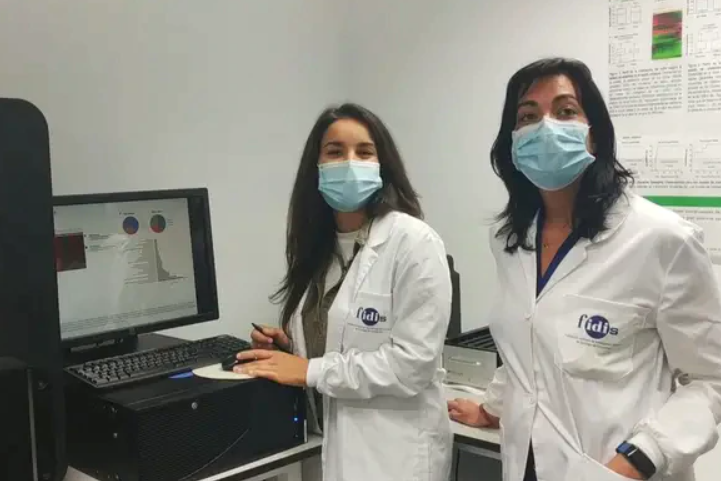Background
Obesity was consistently associated with a poor prognosis in patients with COVID-19. Epigenetic mechanisms were proposed as the link between obesity and comorbidities risk.
Aim
To evaluate the methylation levels of angiotensin-converting enzyme 2 (ACE2) gene, the main entry receptor of SARS-CoV-2, in different depots of adipose tissue (AT) and leukocytes (PBMCs) in obesity and after weight loss therapy based on a very-low-calorie ketogenic diet (VLCKD), a balanced hypocaloric diet (HCD) or bariatric surgery (BS).
Materials and Methods
DNA methylation levels of ACE2 were extracted from our data sets generated by the hybridization of subcutaneous (SAT) (n = 32) or visceral (VAT; n = 32) adipose tissue, and PBMCs (n = 34) samples in Infinium HumanMethylation450 BeadChips. Data were compared based on the degree of obesity and after 4–6 months of weight loss either by following a nutritional or surgical treatment and correlated with ACE2 transcript levels.
Results
As compared with normal weight, VAT from patients with obesity showed higher ACE2 methylation levels. These differences were mirrored in PBMCs but not in SAT. The observed obesity-associated methylation of ACE2 was reversed after VLCKD and HCD but not after BS. Among the studied CpG sites, cg16734967 and cg21598868, located at the promoter, were the most affected and correlated with BMI. The observed DNA methylation pattern was inversely correlated with ACE2 expression.
Conclusion
Obesity-related VAT shows hypermethylation and downregulation of the ACE2 gene that is mirrored in PBMCs and is restored after nutritional weight reduction therapy. The results warrant the necessity to further evaluate its implication for COVID-19 pathogenesis.
Authors:
Andrea G. Izquierdo,Marcos C. Carreira,Hatim Boughanem,Jose M. Moreno-Navarrete,Carolina F. Nicoletti,Paula Oliver,Daniel de Luis,Carla B. Nonino,Maria P. Portillo,Miguel A. Martinez-Olmos,Jose M. Fernandez-Real,Francisco J. Tinahones,J. Alfredo Martinez,Manuel Macias-González,Felipe F. Casanueva,Ana B. Crujeiras … See fewer authors
First published: 28 September 2021
Links:
https://onlinelibrary.wiley.com/doi/abs/10.1111/eci.13685
https://doi.org/10.1111/eci.13685
Citations: 1
Number of times cited according to CrossRef: 1
- Yue Qi, Xiaoyan Hui, The shades of grey in adipose tissue reprogramming, Bioscience Reports, 10.1042/BSR20212358, 42, 3, (2022).
Nutrigenomics Institute is not responsible for the comments and opinions included in this article






